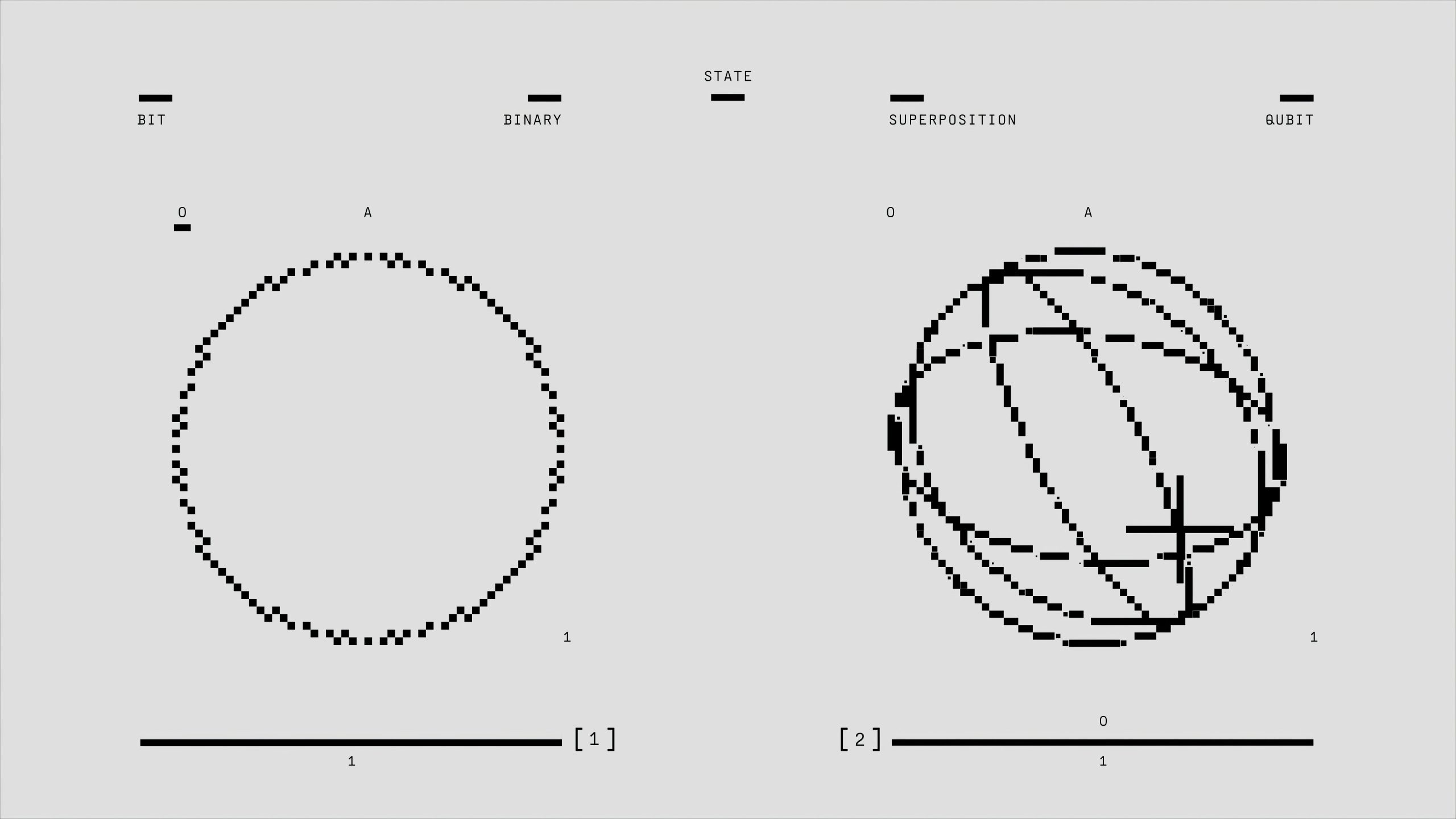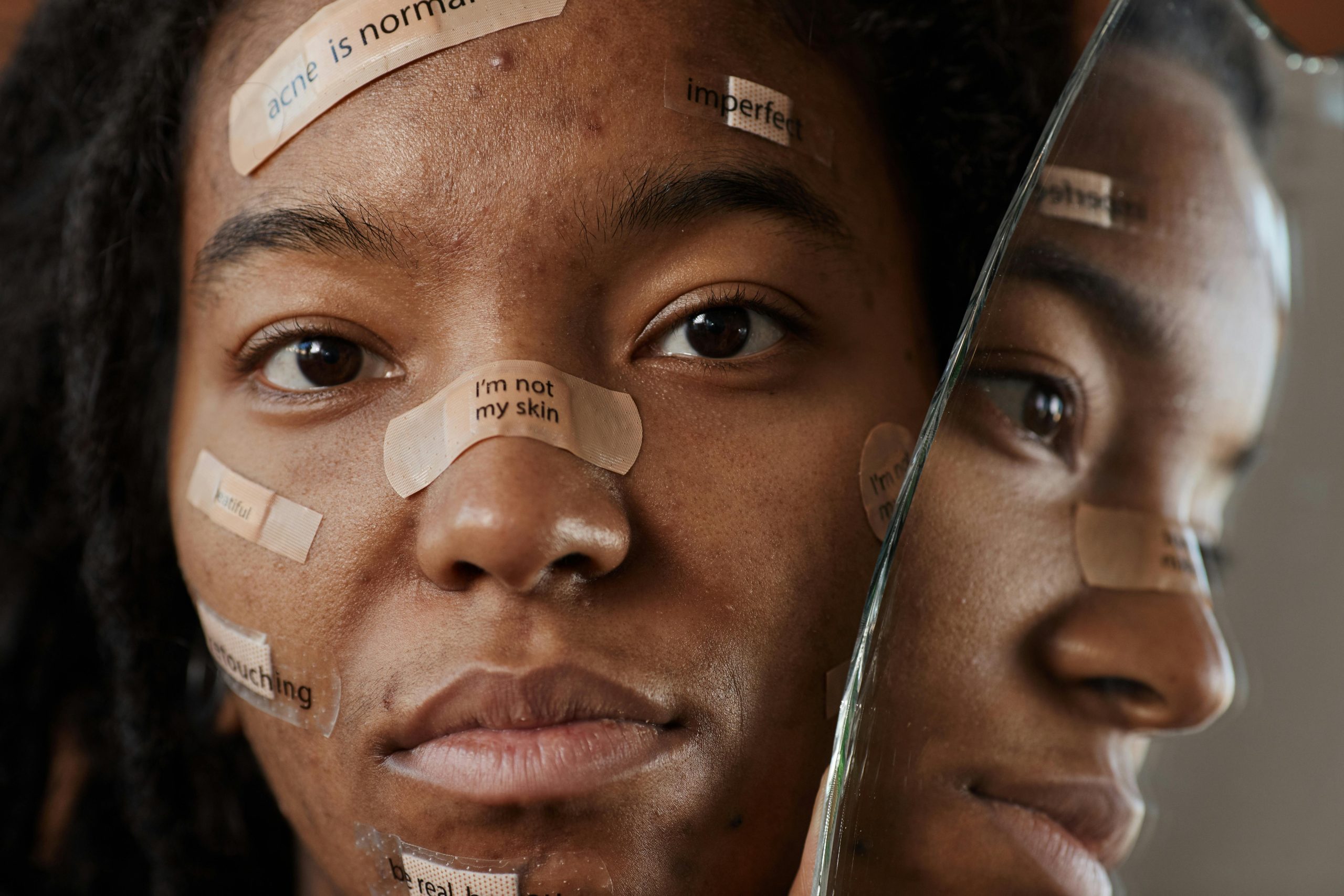How to Handle a Rear-End Collision Involving an Uninsured and Unlicensed Driver: Key Steps and Considerations
Dealing with a car accident can be stressful, especially when involved with an unlicensed and uninsured motorist. If you’ve recently been rear-ended and the other driver is seeking to settle privately, it’s important to understand your rights and the appropriate course of action to protect your interests.
Understanding Your Situation
You were rear-ended on Saturday by a vehicle lacking proper registration, licensing, and insurance. Fortunately, the incident resulted in only minor damage—a scrape on your rear bumper—and you have collected valuable evidence, including:
- Video footage capturing the incident, with the license plate, and clear images of the driver and passenger
- Photos documenting the vehicle damages
- Contact details of the driver and passenger, including phone number and IDs
Since local body shops are closed today, obtaining an immediate repair estimate isn’t feasible, but you plan to get a quote on Monday. Your insurance provider is GEICO, and you hold collision coverage.
Key Considerations Moving Forward
- Claim Submission and Settlement Timing
It’s understandable to want to settle privately to expedite resolution. However, be aware of potential deadlines for filing claims. Generally, insurance policies have notification windows—often within a certain number of days after an incident.
Before proceeding with any private settlement:
- Contact GEICO today to inform them of the accident, providing details and evidence. Doing so typically won’t trigger an automatic claim, but it’s crucial to clarify this with your insurer.
-
Confirm whether postponing the claim until you obtain an official repair quote on Monday impacts your coverage or any deadlines.
-
Insurance and Deductible Considerations
Since the other driver is uninsured:
- You may be eligible for a collision deductible waiver under GEICO’s uninsured motorist coverage, which can help mitigate out-of-pocket expenses.
-
Verify with GEICO what documentation or procedures are necessary to qualify due to the uninsured status of the at-fault driver.
-
Impact on Your Premiums
Even if you’re not at fault, it’s natural to worry about long-term effects:
- Typically, accidents where you’re not at fault do not adversely affect your insurance premiums.
- However, insurance companies may record the incident, which could influence future rates if multiple claims are filed within a policy period.
- Discuss with your GEICO representative to understand the potential impact and any steps you can take to minimize premium increases


